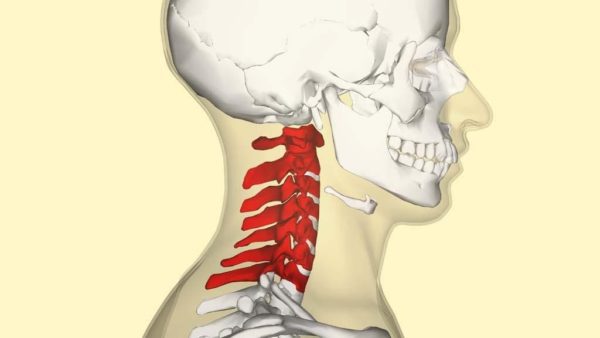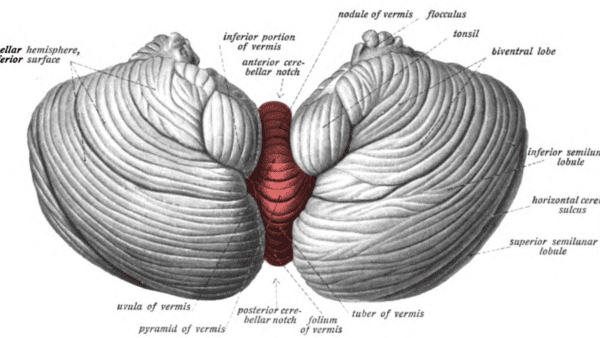“Cervical” refers to the cervical spine, consisting of 7 vertebrae; and located at the upper end of our spine (around the back of our neck area). “Radiculopathy” refers to what we might call a ‘pinched nerve’. Figure 1 – Overview of the cervical spine (sourced from: https://teachmeanatomy.info/neck/bones/cervical-spine/ Cervical Radiculopathy is a clinical condition, whereby one or more […]
Blog
ANAESTHESIA FOR AWAKE CRANIOTOMY
An awake craniotomy (AC) is a surgical procedure to remove part of the bone from the skull and expose the underlying brain, while the patient is awake for a certain duration of the procedure. Awake craniotomies have been tied to beneficial outcomes as compared to a craniotomy whereby the patient is under general anaesthesia for […]
Organ donation in the UK
What is organ donation in the UK? Organ donation is the process whereby someone donates or gives an organ to someone in need of a transplant. The removal and placement of organs from one person to another is performed via surgery. There is an overwhelming demand for organs every year due to various conditions. As […]
Medulloblastoma
Medulloblastoma is the most common type of malignant (cancerous) primary brain tumour in children. It typically arises from the cerebellum within the vermis (“worm”), located at the lower back region of the brain. This area of the brain is involved in balance, muscle coordination and movement.
Managing Moderate and Severe Head Injuries
Traumatic Brain Injury (TBI) is a leading cause of death and disability. It is most commonly graded using the Glasgow Coma Scale (GCS), assessed following the initial resuscitation and within 48 hours of injury. Severe is typically defined by a GCS score <9, while 9-12 represents moderate and 13-15 represents mild. [1][2] The Goal A […]



